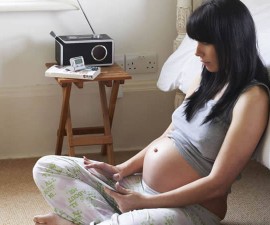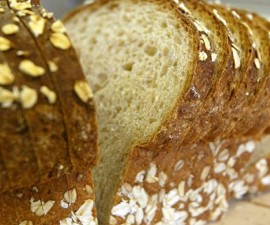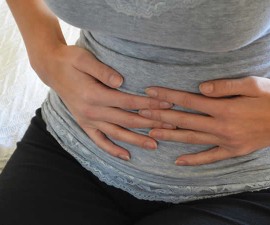… Continued …
- Medications to hydrate the gut by drawing more water into the gut. These include linaclotide (Linzess) and lubiprostone (Amitiza). They work in different ways, though they have the same goal (drawing water into the intestines, making the stools move quickly and easily). They may be prescribed if your constipation is not enough to be treated with over-the-counter laxatives.
- Some clinical trials and studies are continuously going to find constipation medications that work better.
Surgical treatment option
It is usually recommended when other treatments don’t successfully relieve constipation. It also can be used for constipation associated with the following conditions:
- Rectocele (Posterior prolapse). Any conditions (such as childbirth) that put extra pressure on fascia (thin wall of fibrous tissue between rectum and female genital organ) can be potential to cause rectocele.
- Anal fissure. It is a small tear in the moist, thin tissue that lines the anus. There are several causes of anal fissure. Even passing large, hard stools when defecating may also lead to this problem. It can affect anyone, though commonly found in young infants. Lifestyle measures are usually enough to relieve the problem. But in a few cases, surgery may be required to treat it!
- An abnormal condition that causes narrowing body passage (stricture), particularly such as a canal or a tube in the body.
If constipation is caused by the abnormally slow movement of stool through large intestine (colon), and other treatments fail to work – surgery to remove a part of colon may be suggested (though this option is rarely necessary).
Biofeedback training
It can be used for pelvic muscle training. This can help you learn how to use and relax your pelvic muscles at the right time when you defecate, so thus you can pass the stools easily.
During therapy, special devices are used to help you learn how to properly relax and tighten your pelvic muscles. A professional therapist will guide you to do it.
To keep safe, the use of laxatives should be with prescription since they also carry some risks. These medications are not recommended for long-term use! Other alternative treatments are also available such as with some herbs and supplements – but again, it’s much better to consult first with a professional herbalist or your doctor before taking them.
However constipation, especially for chronic constipation, may also lead to mild and serious complications such as:
- Hemorrhoids (swollen veins that line to the anus).
- Anal fissure – small, tiny tears in the mucosa (thin tissue) of the anus.
- Fecal impaction. Hardened stools can get stuck and then the stool cannot be eliminated (expelled).
- And more.
So although constipation is usually mild, but it should not be underestimated! Even in severe cases, surgery can be suggested to treat it. But again in most cases – lifestyle changes with healthy diet (diet high in fiber), drinking adequate water, getting adequate physical activity (regular exercise), and never ignore the urge of bowel movement are usually effective enough to prevent and relieve constipation.
- https://umm.edu/health/medical/altmed/condition/constipation
- https://www.nlm.nih.gov/medlineplus/constipation.html
- http://www.mayoclinic.org/diseases-conditions/constipation/basics/treatment/con-20032773




A lot of medications are being tackle here but not all could be effective for constipation. It will depend on how our human body will react on it. For me I will stick to my best reliever Mimonis from Digestic which did not failed to impress any member of my family. We are all totally relieved with this problem.